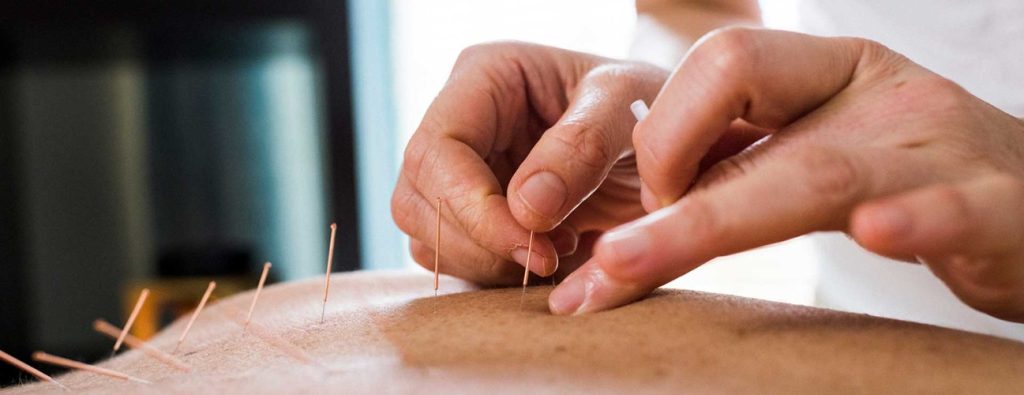
Depression and anxiety are becoming more commonly known and understood across the world. While we can all feel sad or unhappy occasionally, depression can make these feelings last almost every day for weeks or months at a time. Moreover, feeling anxious is something that we may experience in particularly high-stress situations; perhaps when public speaking, or busy at work. Depression and anxiety become a problem when they don’t go away for a long time, or negatively impact daily living.
There are various symptoms of depression and anxiety, however, some significant physical symptoms may include headaches and muscle pains, problems with sleep, or catching colds and other sicknesses easily. These symptoms combined with the mental anguish can be extremely distressing, which is when we strongly suggest seeing a mental health professional.
How Has Mental Health Been Impacted Since COVID-19?
Since the devastating impact coronavirus has taken on our lives, there has been a significant spike in the amount of depression and anxiety that is experienced across communities. Those already experiencing depression or anxiety have found their symptoms have become more difficult to manage, and those who are experiencing these symptoms for the first time may feel confused, scared, or unaware of the options available for management.
Mental health professionals such as counsellors and psychologists have experienced an influx of new clients and higher demands from their existing clients since the beginning of the pandemic. Whilst it is promising that many people are aware of when and where to seek help, enormous waitlists can be discouraging. How often have you been waiting in an unending line to pay for your groceries, only to give up because it was taking too long? Or perhaps you’ve experienced putting clothes back on the rack at a store and walking out because no one was available to help you? This is a very similar experience to what may happen when you don’t receive the mental health care that you need when you need it. As such, we suggest putting yourself on a wait list to see your mental health practitioner and pursuing alternative therapies that are available in the meantime. One of the most relevant alternative therapies that may be open to exploration for you is acupuncture.
What is Acupuncture?
Acupuncture is an ancient Chinese medicine-based approach to treating a variety of conditions by triggering specific points on the skin with needles. The Chinese philosophy behind acupuncture relies on the concept of ‘qi’ (pronounced ‘chee’). It is believed that Qi fills the human body with an invisible life-giving force. When qi is flowing well through the body, the person will experience good mental and physical health. However, when qi is blocked or deficient, it can result in various forms of illness. Therefore, acupuncture is the process of inserting very thin needles into specific nerve-rich points of the body.
Unlike what you may think, it is minimally invasive, and works to help stimulate tissues, glands, organs, and general functions of the body. Each acupuncture needle is extremely thin and only barely inserted into the skin, causing almost zero discomfort to you. However, the human body is very perceptive, and will read this as enough of an injury to respond and heal. This response will stimulate the immune system, promote circulation to the area, aid in wound healing, and pain modulation.
What Does Acupuncture Do?
While many people can understand how acupuncture would affect the physical body by addressing chronic pain, sprains, or allergies, it is often difficult to conceptualise how mental health can be affected by acupuncture.
To put it simply, the brain is an organ. And if acupuncture is able to affect the organs in the centre of your body, why shouldn’t it affect your brain too?
The brain is full of neurotransmitters that help to enhance our experiences. Some of the most common neurotransmitters that you may have heard about are dopamine and serotonin. Dopamine allows you to feel pleasure, satisfaction, and motivation. When you feel a surge of satisfaction that you ticked something off your to-do list, that is the dopamine being released in your brain. Serotonin is a natural stabiliser. It stabilises our moods, sleeping, eating, and digestion. Deficits of these neurotransmitters have been consistently found in depression and anxiety, which help to explain some of the behaviours or feelings that may be experienced.
Findings For Acupuncture For Mental Health
Through various clinical trials, it has been seen that the use of acupuncture can help to affect the specific neurotransmitters associated with anxiety and depression and boost their activity. For people who experience mild depression or anxiety, especially as a response to the coronavirus crisis, this can be a very effective treatment method. Not only will acupuncture be able to assist with boosting the neurotransmitter imbalance, it can also help to address specific physical symptoms of depression and anxiety.
For example, a person experiencing mild anxiety may find that they experience difficulties with falling and staying asleep at night. After seeing an acupuncturist, the person may experience better sleeping patterns. This would help the person to feel more refreshed and stable in their daily life, perhaps triggering more release of dopamine or serotonin. Ultimately, this would help to manage the anxiety more easily.
As with any healthcare service, expected results vary greatly for each person. Some people may immediately feel relaxed after a session, while others may feel energised. Neither of these experiences are better than the other, but show the range of emotions that may be felt afterwards.
At The Urban Alchemist, we are here to serve you as best we can. We suggest that if you are experiencing symptoms of depression or anxiety and are on a waitlist to see a counsellor or psychologist that you try acupuncture. You may only need one session before you see improvements in your physical experiences. It is the perfect therapy to complement or precede seeing a mental health professional, as it may make you more open and receptive to further treatments.
References
Acupuncture. https://www.mayoclinic.org/tests-procedures/acupuncture/about/pac-20392763
Acupuncture and electroacupuncture for anxiety disorders: A systematic review of the clinical research. https://pubmed.ncbi.nlm.nih.gov/29705474/
Acupuncture for Anxiety. https://www.psychologytoday.com/au/blog/integrative-mental-health-care/201810/acupuncture-anxiety
Anxiety. https://www.beyondblue.org.au/the-facts/anxiety
Depression. https://www.beyondblue.org.au/the-facts/depression
Is Acupuncture the Miracle Remedy for Everything? https://www.healthline.com/health/acupuncture-how-does-it-work-scientifically#what-are-the-benefits
Signs and Symptoms of Anxiety. https://www.beyondblue.org.au/the-facts/anxiety/signs-and-symptoms
Signs and Symptoms of Depression. https://www.beyondblue.org.au/the-facts/depression/signs-and-symptoms
What are the Main Neurotransmitters? https://poweronpoweroff.com/blogs/guide/what-are-the-main-neurotransmitters#:~:text=Neurotransmitters%20all%20serve%20a%20different,serotonin%2C%20GABA%2C%20and%20glutamate.


